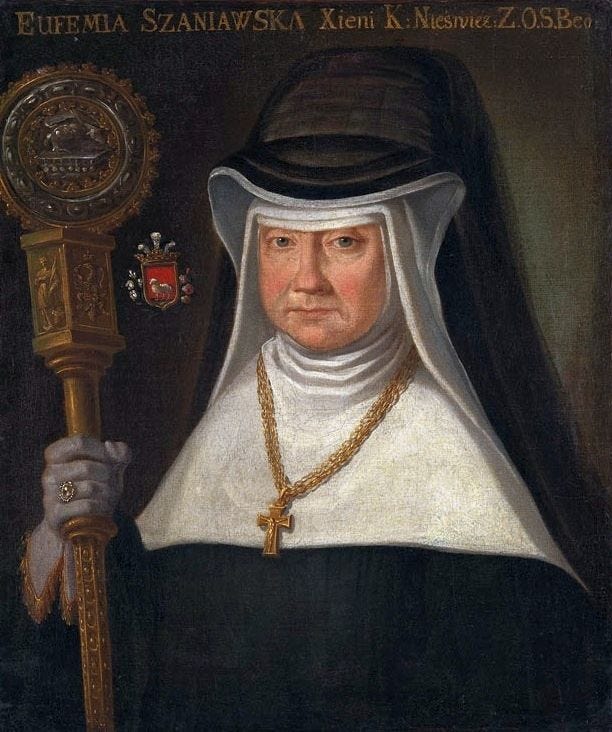What is the ‘lay governance’ debate all about?
The debate about lay heads of Vatican departments could change the way the Church governs and defines itself at every level — So, what’s going on?

While this week’s meeting of the College of Cardinals failed to produce the kind of “big news” event some had predicted, the consistory did ask the cardinals to reflect upon Pope Francis’ recent reform of the Roman curia.
But while the wild rumor that Francis was mulling the appointment of a coadjutor vice-pope didn’t pan out (no surprise!), the cardinal…
